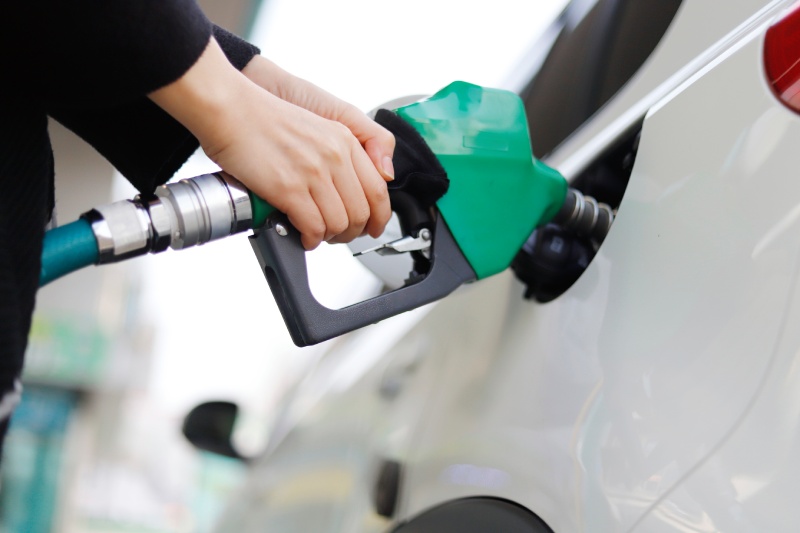Business
Best Tips on How to Reduce Fuel Expenses to Save Money

Due to the ongoing impact of Russia’s invasion of Ukraine on the price of oil globally, the average price of gasoline has risen above £1.60 a liter for the first time.
According to consumer advocacy group Which?, there are ten ways drivers can lessen the blow when stopping at the gas station, even though fuel prices are at record highs.
Stock up at the grocery store
Petrol stations often charge more for branded fuel than supermarket stations do. Petrol costs a few pence less per liter at supermarket pumps. Additionally, gas costs are typically lower in cities and towns than in rural areas.
Also, a lot of supermarkets provide loyalty cards. Every time a driver fills up, they can accrue points that can later be redeemed for discounts or cashback. By joining a loyalty program, drivers who purchase their fuel from the same store where they shop for groceries may be able to save money.
Avoid premium unleaded petrol
Super unleaded doesn’t hurt, but it also usually doesn’t help unless you drive a high-performance vehicle that is designed to run on it.
Proceed with ease
Fuel consumption may be impacted by driving style. Aim for smooth acceleration; do not apply excessive force to the throttle or apply the brakes abruptly.
Stick to the speed limit
Higher speeds also result in higher fuel consumption. According to research conducted by the Department for Transport (DfT), driving at 80 mph on a motorway consumes approximately 25% more fuel than driving at 70 mph. Similarly, driving in an open speed limit zone at 70 mph instead of 60 mph uses 9% more fuel and an additional 5% more than driving at 50 mph.
Close the windows and empty the boot to lessen the drag
Fuel consumption automatically rises when driving a heavy vehicle because the engine has to work harder to get going. Eliminating bulky accessories like bike racks and roofs can enhance performance and minimize drag.
Keeping the windows closed will avoid the noticeable drag that comes with driving with them open.
Avoid warming up your engine
It is usually better to drive right away after starting the engine in the winter than to let it run while it warms up. This will not only reduce engine wear and use less fuel, but it will also heat the engine faster.
If your car is iced over, use an ice scraper or de-icing spray instead of using the heating, which uses less gasoline.
Switch off the equipment
The majority of contemporary cars have large energy-sucking components like air conditioning, de-misters, headlights, and rear windscreen heaters. Make an effort to only use them as needed.
Make use of a satellite navigation system
It pays to plan your routes carefully and ahead of time to avoid wasting fuel by taking the wrong turn. The easiest way to see the fastest route is to use a phone or sat nav device. The majority of modern navigation apps can also advise drivers on the most fuel-efficient routes and help them avoid traffic congestion.
Keep your car and tires in good condition
Car maintenance should be maintained by drivers. Additionally, it is important to monitor tire pressure. A car’s fuel efficiency will be negatively impacted by underinflated tires and misaligned wheels, which can also be expensive to fix.
Aside from the fact that freshly serviced vehicles with clean filters and new oil run more smoothly, scheduling auto maintenance can help drivers avoid expensive repairs later on.
Require a new car? Think about switching to electric
While it may not be an option for everyone, switching to an electric vehicle (EV) can lower operating costs for those shopping for a new car. Getting an electric vehicle and switching to a competitive tariff can help you save money if you can charge at home.
-

 Business3 weeks ago
Business3 weeks agoPrakash and Kamal Hinduja: Driving Social and Environmental Change
-
Education4 weeks ago
Fred DuVal: University Leadership as a Critical Resource for Climate Change Research and Life-Saving Solutions
-

 Cryptocurrency3 weeks ago
Cryptocurrency3 weeks agoDesigned For The Masses: How Akasha (AK1111) Is Unlocking Crypto For The Next Billion Users
-

 Health3 weeks ago
Health3 weeks agoThe Hinduja Brothers Commitment to Global Health: Empowering Communities Across Borders
-

 Cryptocurrency4 weeks ago
Cryptocurrency4 weeks agoNexaglobal & Future World Token (FWT): Could This Be the Next Big Crypto Investment of 2025?
-

 Startup2 weeks ago
Startup2 weeks agoCost-Saving Strategies Every Small Business Owner Should Know to Boost Efficiency
-

 Startup3 weeks ago
Startup3 weeks agoMatthew Denegre on the Art of Deal Sourcing: Finding the Right Investment Opportunities
-

 Health2 weeks ago
Health2 weeks agoSt. John’s Community Health Examines Innovations in Pharmacy Access

























